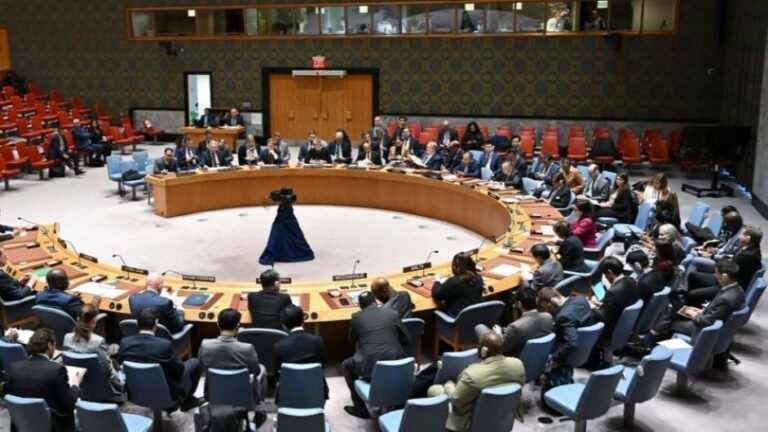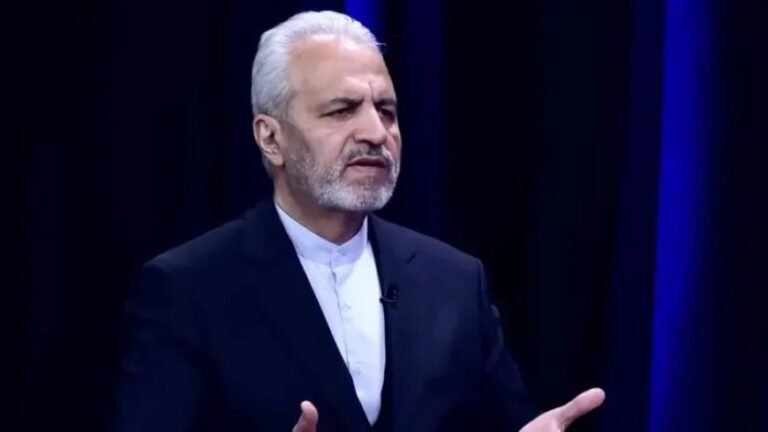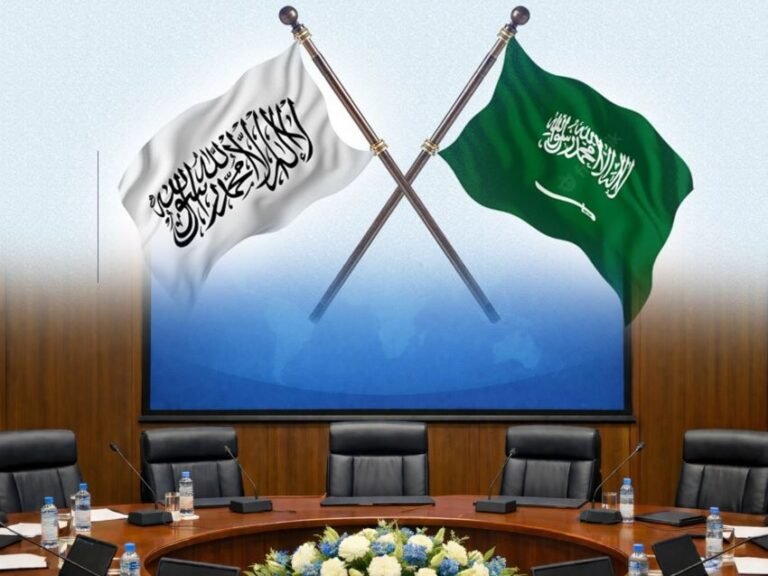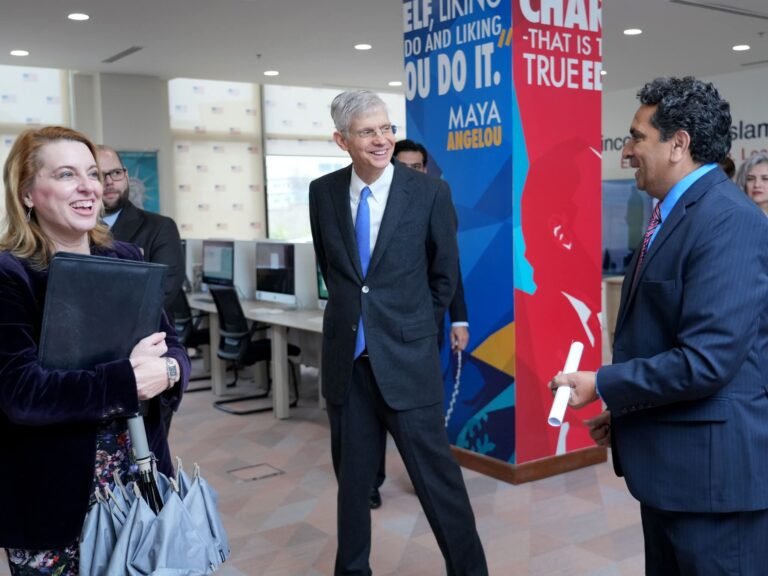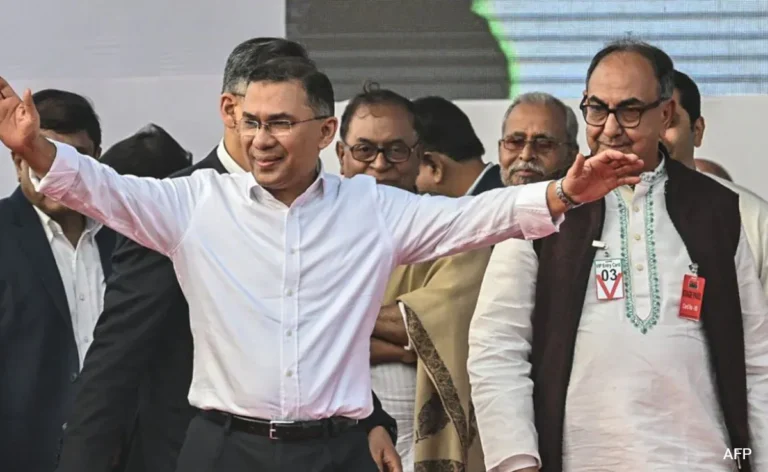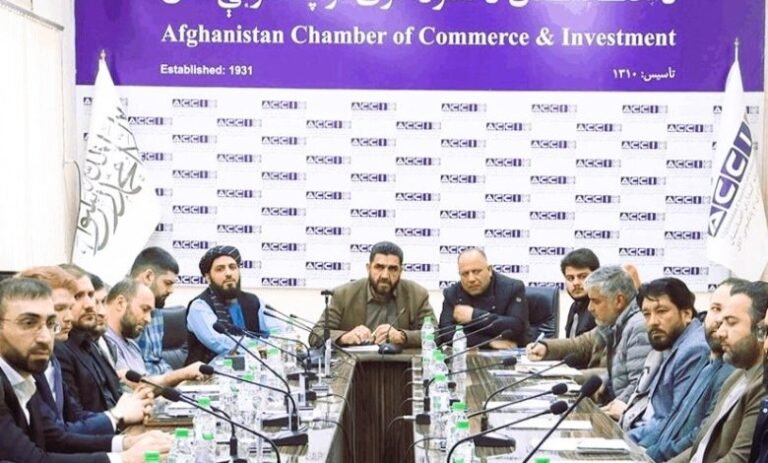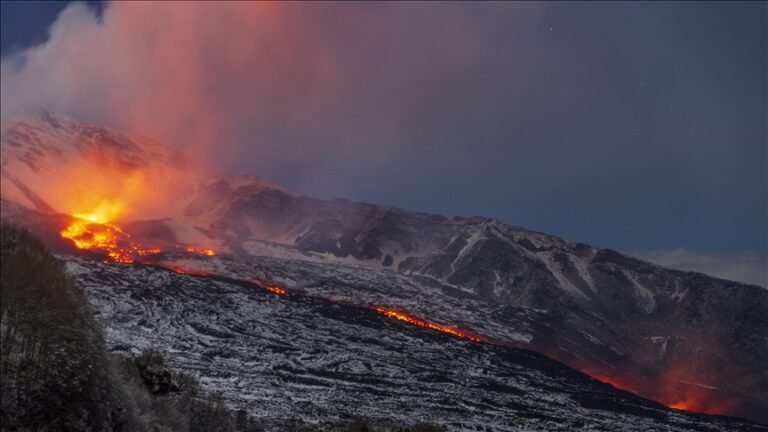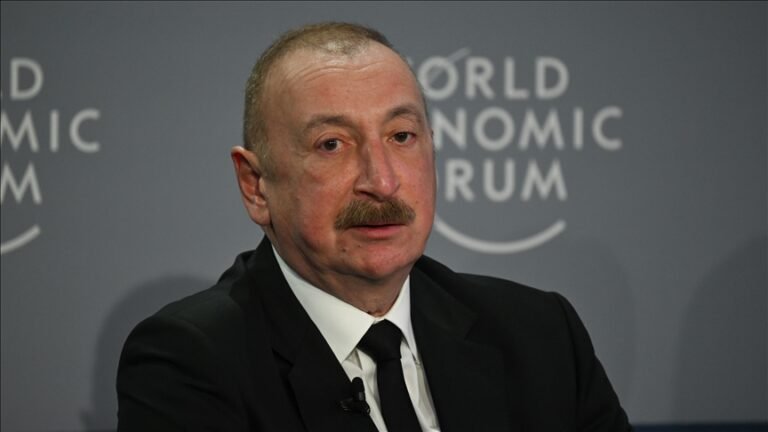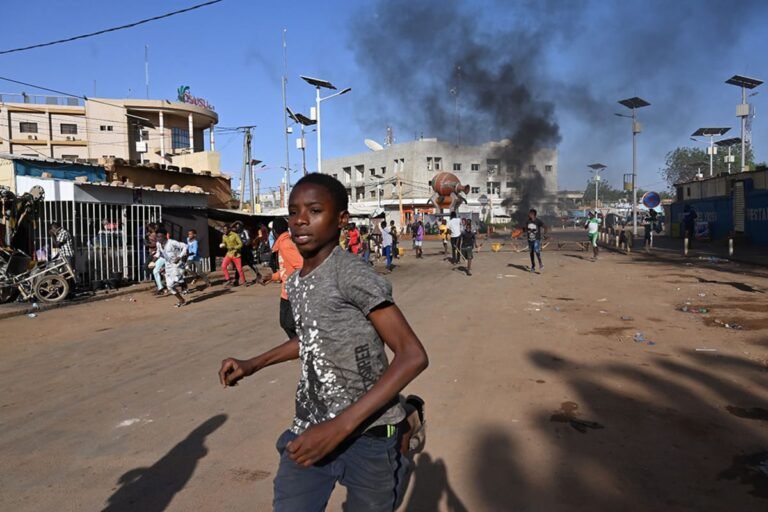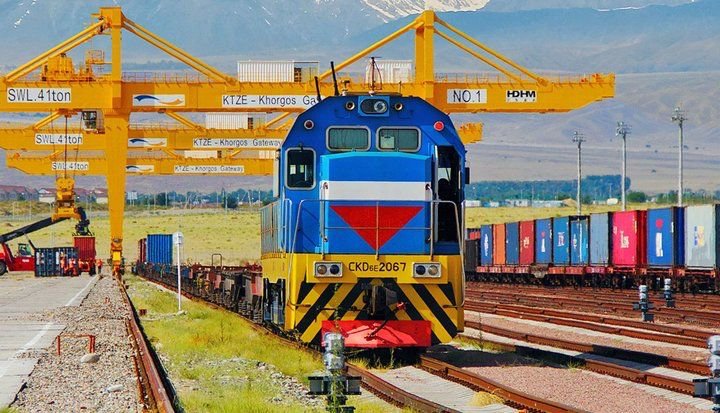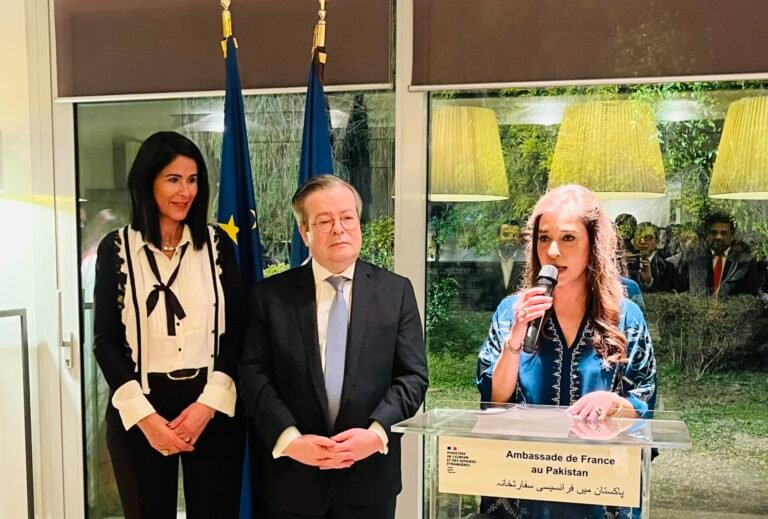New York, 4 August 2022 (TDI): The Democratic Republic of Timor-Leste has deposited its instrument of ratification for the Comprehensive Nuclear Test Ban Treaty (CTBT) with the United Nations Secretary-General, becoming the 174th State to ratify the Treaty.
The country first signed the Treaty in 2008. Timor-Leste’s ratification is significant as it universalizes the CTBT in South-East Asia.
#TimorLeste becomes 174th State to ratify #CTBT, universalising Treaty in SE Asia & unifying region on nuclear disarmament & non-proliferation. @_RobFloyd: “I look forward to strengthening our cooperation through capacity building & training so 🇹🇱 reaps full membership benefits.” pic.twitter.com/1I1nwmlWkr
— CTBTO (@CTBTO) August 1, 2022
Strengthening nuclear-non proliferation
This is the fourth ratification during the CTBT’s 25th anniversary year. With the recent NPT Review Conference, Timor-Leste’s ratification strengthens the international norm against nuclear testing.
Additionally, it builds further momentum toward global adherence to CTBT and its entry into force. Timor-Leste’s ratification also universalizes the CTBT in South-East Asia, unifying the region on key nuclear disarmament and non-proliferation issue.
It also aligns the country with the policy of all ASEAN Member States, which have already ratified the Treaty.
The UN headquarters in New York held the Ratification Ceremony on the margins of the 10th NPT Review Conference.
Karlito Nunes, Permanent Representative of Timor-Leste to the UN, and Andrei Kolomoets, Acting Chief, Treaty Section of the UN Office of Legal Affairs attended it.
The Comprehensive Nuclear-Test-Ban Treaty (CTBT)
The Comprehensive Nuclear-Test-Ban Treaty (CTBT) bans all nuclear explosion tests on Earth. A key element frequently associated with CTBT is nuclear disarmament. This is a ban on the production of fissile material for anything other than verified peaceful use.
The Treaty has also established an International Monitoring System (IMS) to ensure that no nuclear explosion goes undetected.
Additionally, ten years after entry into force, a Conference of the States Parties is held to review the operation and effectiveness of the Treaty.
A Preparatory Commission is also set up to establish a global verification regime as foreseen in the Treaty so that it will be operational by the time the Treaty enters into force.



